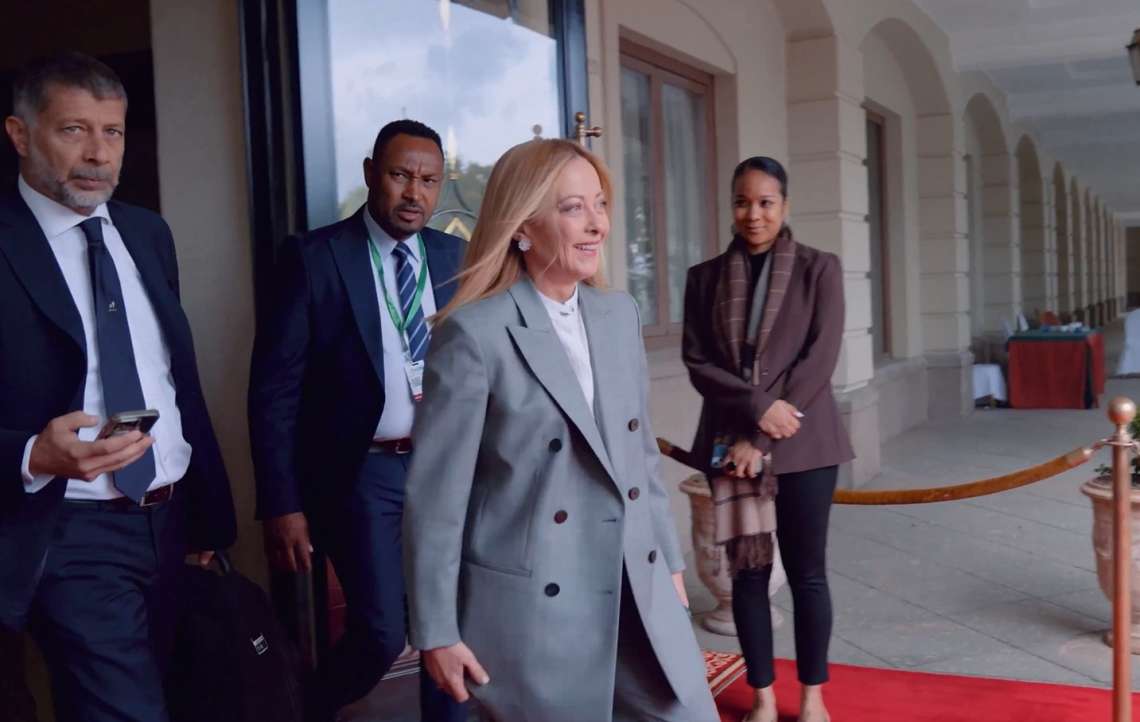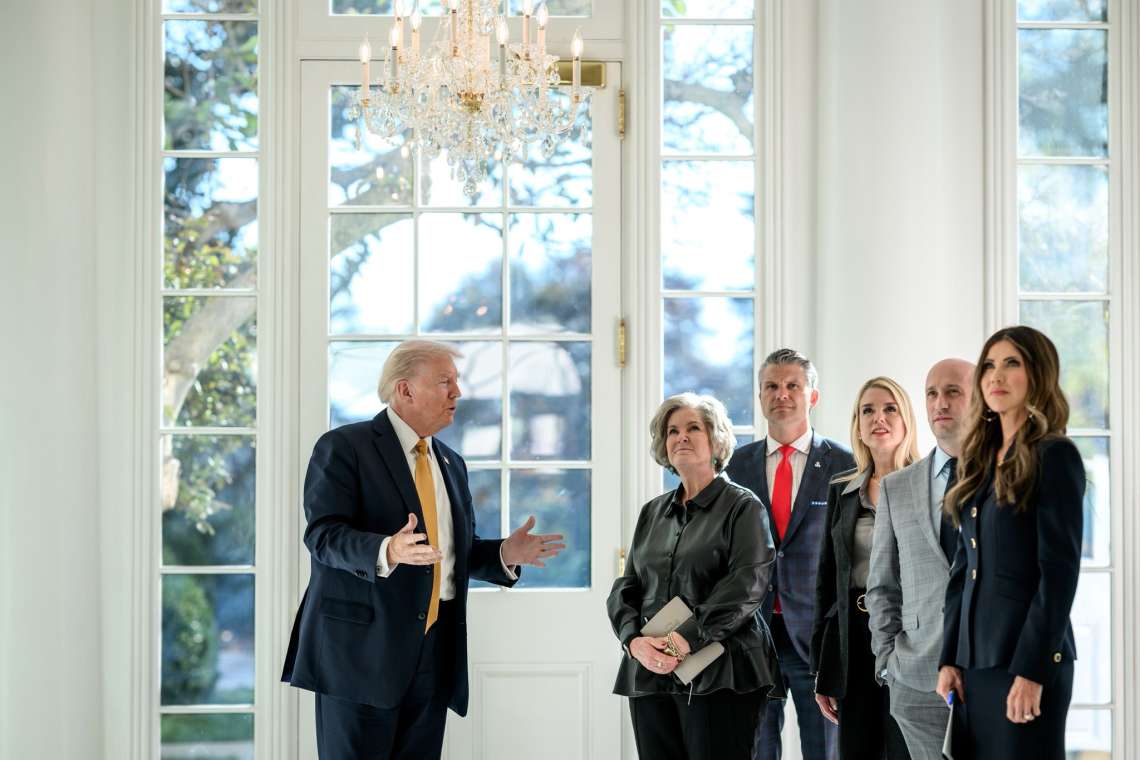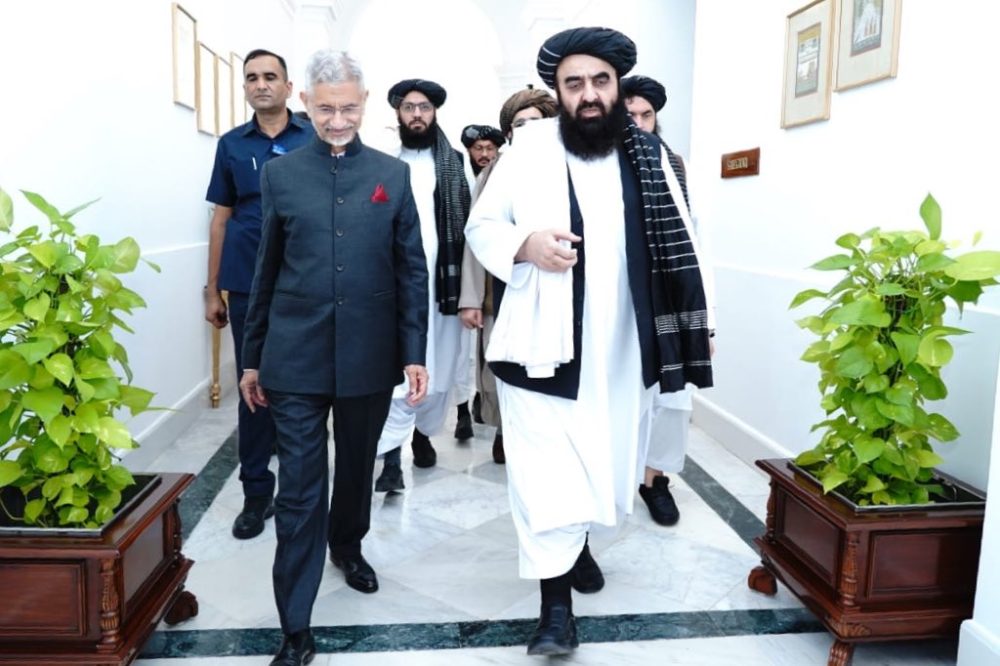When Turkish President Erdogan met Italy’s Meloni, his first comment wasn’t about the war or negotiations. He urged her to quit smoking. French President Macron and UK Prime Minister Starmer laughed, Meloni smiled politely, and the headlines followed, not about Gaza, but about Meloni’s cigarettes, writes Aravind Rajeev
Perhaps PM Giorgia Meloni’s biggest challenge isn’t that she is scrutinised, it’s that the spotlight shines on everything except what she actually does as a leader.
Being the only woman at the Gaza Peace Summit was not just a statistic for Meloni. It was a symptom of a global problem: women in power are judged on everything but their leadership. Her smoking habit, her expressions, her appearance all became headlines. Her policies and strategies barely registered in some corners. Meloni’s experience is far from unique. Women across the world achieve political success yet continuously navigate invisible expectations and micro-scrutiny that men rarely face.
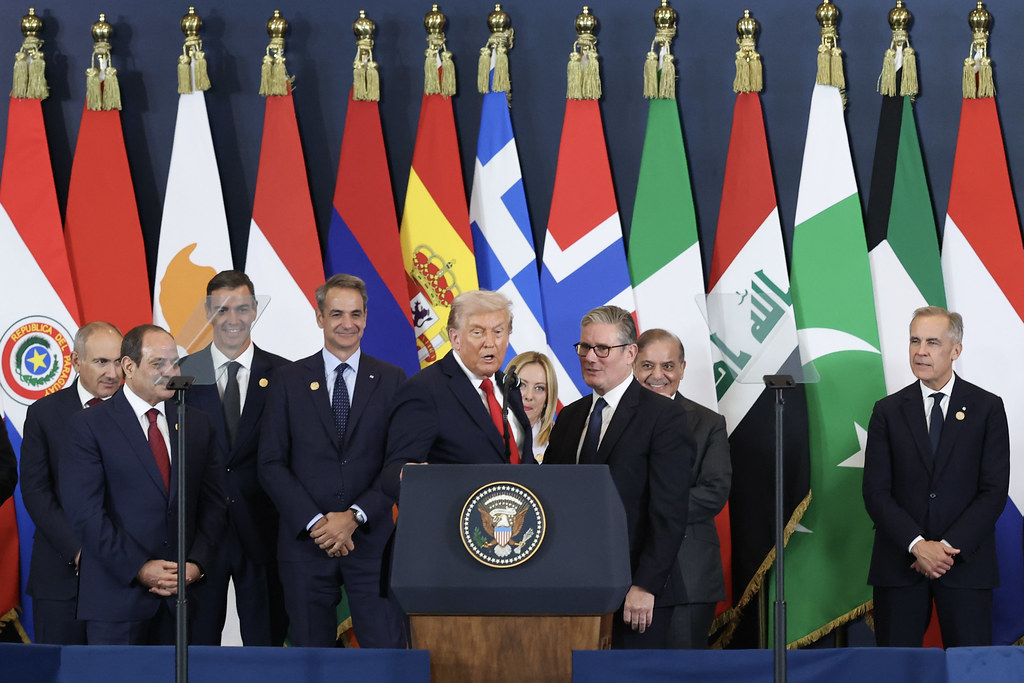
Look beyond Europe. In New Zealand, Jacinda Ardern was praised as “warm” or “empathetic,” yet criticised as “too soft” during crises. Postponing a photo shoot during COVID-19 lockdowns drew headlines for being “overly cautious,” while male leaders received credit for prudence. In Pakistan, Benazir Bhutto’s every move—from her clothing to her makeup—was analysed by tabloids and political rivals. Critics questioned her fitness for office based on looks more than policies.
In Rwanda, Jeannette Kagame often receives praise for her “poise,” “grace,” and “presence” at summits, while her work on economic development and women’s empowerment is largely overlooked. Interviews frequently focus on what she wears or how she handles pressure rather than her initiatives.
These women live dual realities. They are expected to lead decisively, yet any gesture, expression, or tone can be dissected. Narendra Modi or Vladimir Putin may move their hands or speak sharply without comment, while a similar act by a woman is instantly a headline. When Erdoğan publicly told Meloni to quit smoking, it was shrugged off as playful banter. When Trump called her “beautiful,” it was not a compliment but a reminder: you lead, but you are still a woman we can comment on.
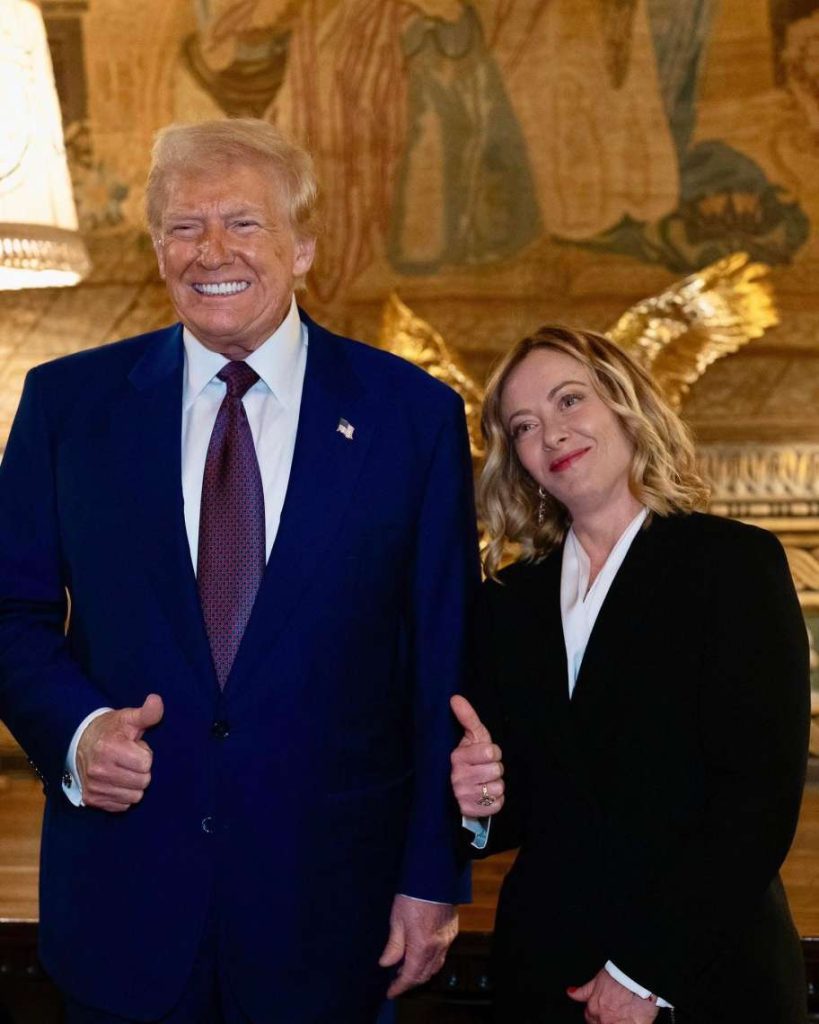
Taiwan’s Tsai Ing-wen offers another example. Her steady leadership is celebrated, yet casual dress, laughter, or emotion sparks social media storms—sometimes more than state visits or major policy announcements.
The pattern is clear. Women leaders constantly negotiate competence and femininity. They are expected to be tough, yet not harsh; compassionate, yet not weak; intelligent, yet not intimidating. Meanwhile, focus shifts from policy, moral courage, and outcomes for people to appearances and minor habits.
Meloni’s tragedy is that scrutiny often misses her leadership. Our collective tragedy is that this pattern teaches the next generation that leadership is a performance. Real power emerges only when attention finally moves to policy, purpose, and action.


